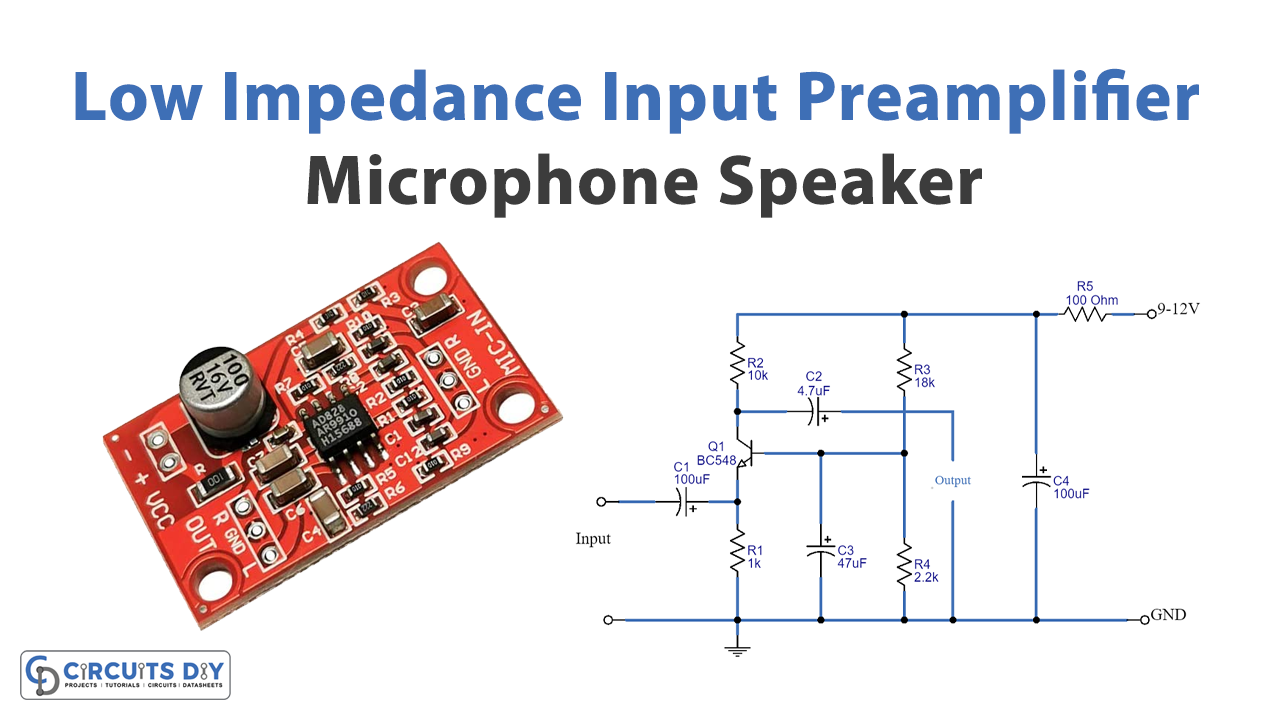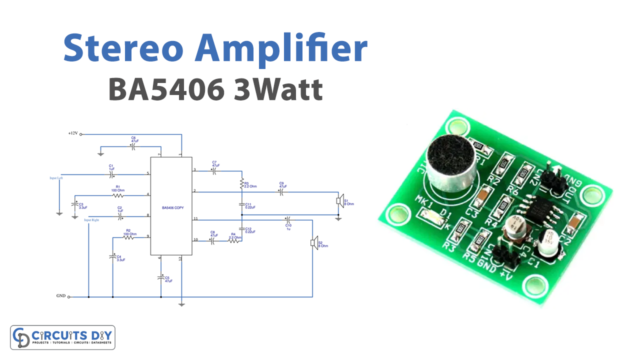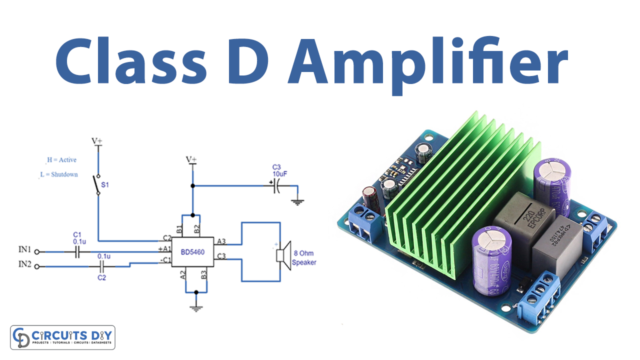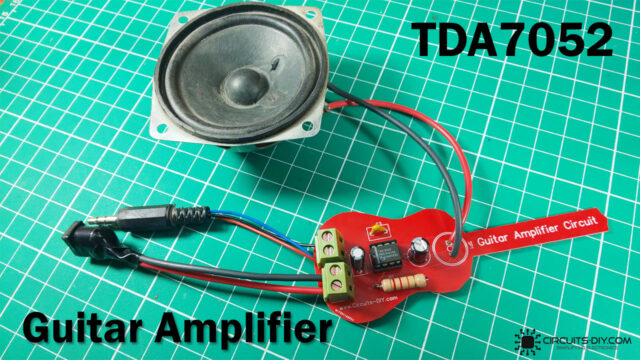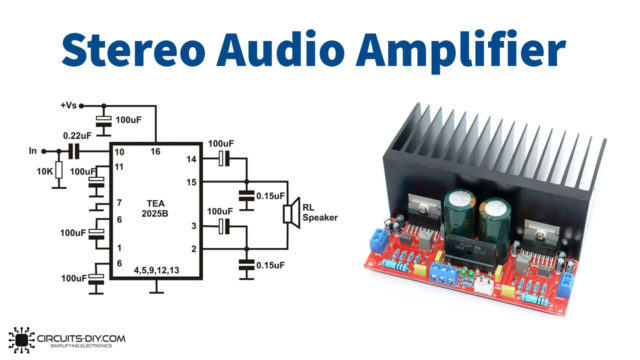Impedance, which describes the relationship between current and voltage in circuits, It combines frequency-dependent resistance ( reactance) with resistors. Our previous articles discussed that impedance could be high, medium, and low for various circuits. In this tutorial, we will make a “Low impedance input preamplifier | microphone speaker circuit”.
This circuit is a low-impedance microphone amplifier. And, can be used in several audio amplifiers for preamplification. For example, a dynamic microphone often has a low impedance. while building this circuit, matching transformers can be used to convert greater impedance and voltage. Transformers, however, lose high frequency. As a result, the transistor is being used, which is a much superior choice.
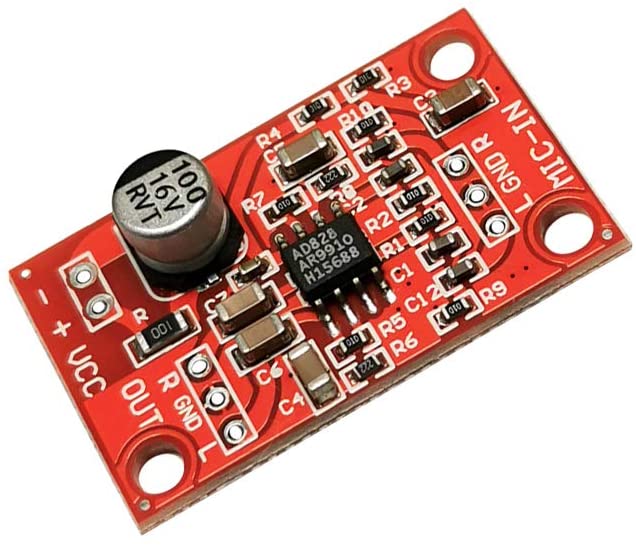
Hardware Required
| S.no | Components | Value | Qty |
|---|---|---|---|
| 1 | Transistor | BC548 | 1 |
| 2 | Resistor | 10K, 18K, 1K, 2.2K, 100 ohms | 1, 1, 1, 1, 1 |
| 3 | Capacitor | 47uf, 100uf, 4.7uf | 1, 2, 1 |
Circuit Diagram

Working Explanation
In this Low Impedance Input Preamplifier, firstly, we are using a common base configuration, where the base remains grounded, common to the emitter and collector. We provide the power supply to the circuit through resistor R5, while capacitor C4 is there as a decoupling capacitor to prevent any spikes and maintain stability.
The input is fed to the emitter with the help of resistor R1, which is acting as an input resistor. Input signal coupling capacitor C1 blocks DC voltage and noise-free pulses entering this circuit.
Transistors either carry current or amplify signals. Thus, Between the base and emitter, there has to be a bias. The base voltages must be greater than the lead emitter. Hence, we use a voltage divider circuit with using R3, and R4 acting as the transistor’s biassing components.
Finally, the output is coming from the collector. The following circuit cannot be disturbed by the DC voltage since the capacitor C2, works as a signal-coupling capacitor to the output.
Application Uses
- Low-impedance microphone amplifier.
- Intercom systems.


